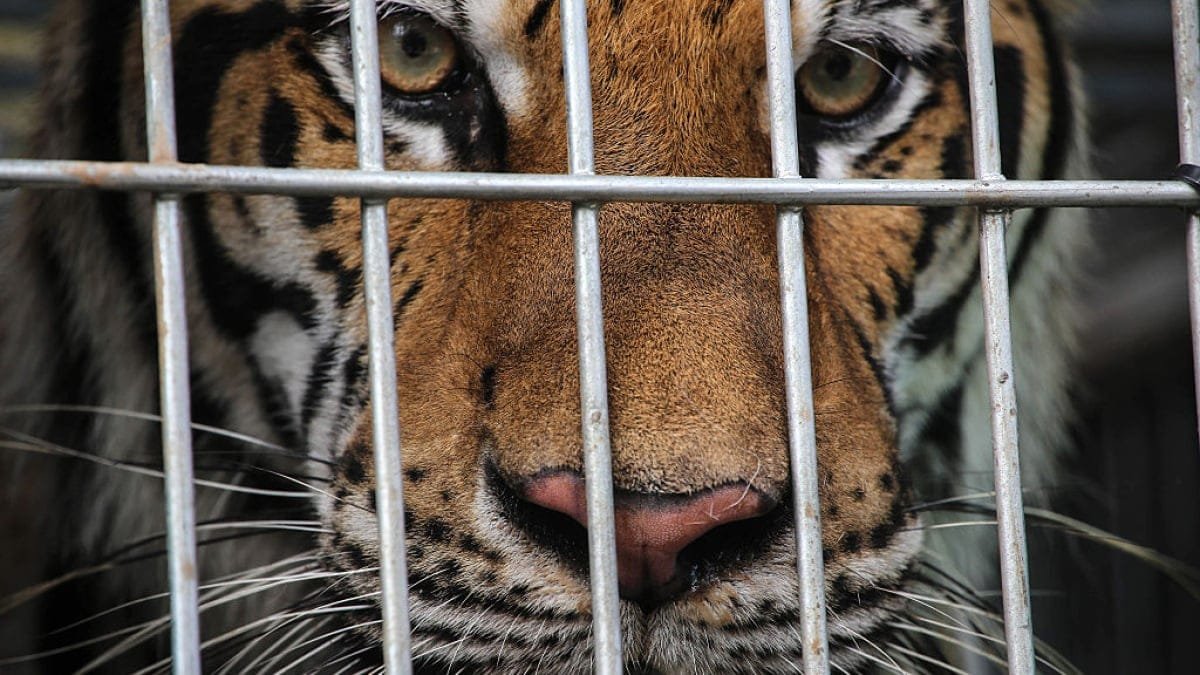MUMBAI: The Directorate of Revenue Intelligence (DRI) is ramping up its efforts to combat the illegal trading of endangered wildlife and flora facilitated by social media and e-commerce platforms. This development comes amidst a rise in online wildlife trafficking, presenting a significant challenge for the agency, according to sources within the DRI.
The use of internet technologies and online marketplaces has opened new avenues for criminal activities, including the illicit trade of endangered species. This shift is largely driven by stricter enforcement of policies against the illegal trade of wildlife products on conventional internet platforms. “This trend is primarily due to increased enforcement actions by law enforcement and platform operators,” a DRI source commented.
In a notable operation last July, the DRI intercepted an attempt to smuggle 306 live exotic animals, including tortoises and turtles, into India from Thailand. This haul, part of an international wildlife trafficking ring, highlighted the ongoing challenge faced by Indian authorities.
Wildlife-related cybercrimes typically involve the illegal buying and selling of endangered animals, plants, and their derivatives via online platforms, sometimes with transactions facilitated through cryptocurrency. Social media accounts promoting trafficked wildlife have garnered substantial followings, with traffickers advertising exotic pets and accepting orders online.
The darknet has also been identified as a medium for illicit wildlife trade, requiring specific software and configurations to access. This underground network further complicates enforcement efforts. The Convention on International Trade in Endangered Species of Wild Fauna and Flora (CITES) has already acknowledged the link between the illegal wildlife trade and the internet, underscoring the global nature of the problem.
The DRI has intensified its operations to curb wildlife smuggling in recent months. In February, the Mumbai zonal unit of the DRI seized 28 lakh peacock tail feathers at Nhava Sheva Port, allegedly being smuggled to China under a misdeclared export cargo. The confiscated feathers, valued at ₹2.01 crore in the illicit market, highlighted the economic incentives driving this illegal trade.
Exporting peacock tail feathers is prohibited under Schedule 2 of the Export Policy of ITC (HS), 2018, as notified by the Directorate General of Foreign Trade, in conjunction with the Wildlife (Protection) Act, 1972.
In December, the DRI disrupted an international smuggling syndicate, arresting an individual attempting to smuggle 11 foreign-origin snakes, including ball pythons and corn snakes, from Bangkok. The reptiles were hidden in packets meant for cakes and biscuits within the suspect’s luggage. This operation underscored the diverse methods traffickers employ to evade detection and violate India’s import policies and CITES provisions.
As the DRI continues its crackdown on illegal wildlife trade, it remains vigilant in monitoring online platforms and collaborating with international agencies to protect endangered species from exploitation.


